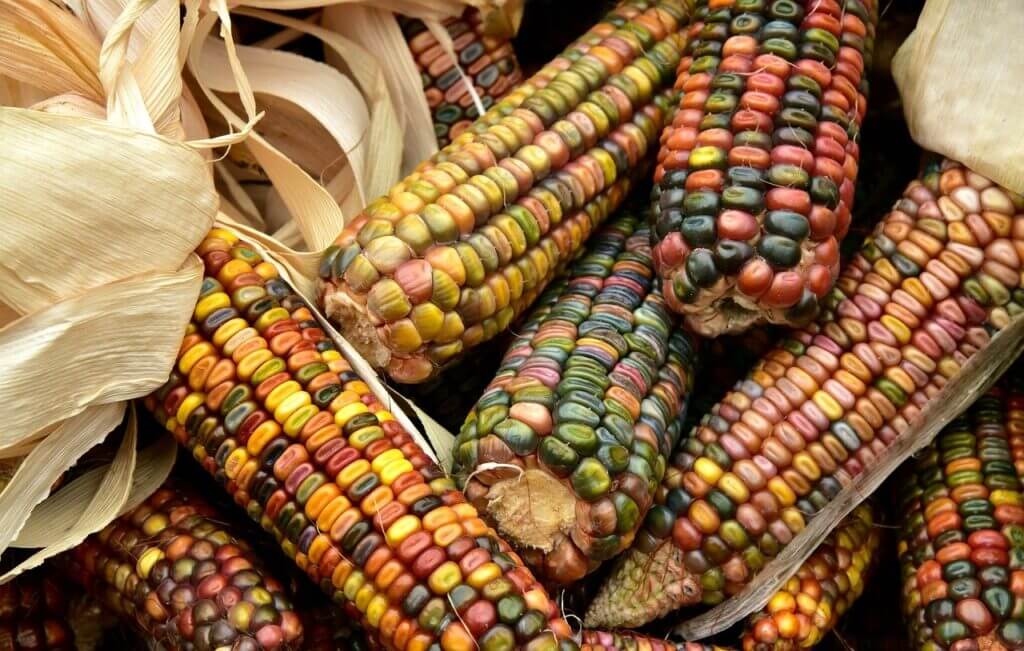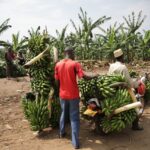This article was originally written for SNV Netherlands Development Organisation.
2020 is no ordinary World Food Day. After many years of progress, more people will go to bed hungry this year than last year, partly — but not only — due to COVID-19. The World Food Programme winning the Nobel Peace Prize on 9 October demonstrated the increasing awareness of the importance and urgency of food security at this difficult time. This year’s extraordinary World Food Day also coincides with the UN Food and Agriculture Organization’s 75th year. Founded in 1945, it is the UN arm that ensures food security for all and is the gatekeeper of SDG 2: Zero Hunger.
SNV in the food chain
To contribute to sustainably feeding the world, SNV implements a large and diverse agriculture programme. In 2019, we spent more than €90M on agriculture projects and improved the lives of 2 million people through increased income, food security, and climate solutions (SNV Annual Report 2019). Also in 2019, we vowed to “transform food systems at scale” as part of the SNV Strategic Plan.
We do that through programmes encompassing inclusive value chains, climate-resilient farming, promoting healthy nutrition, with women and youth top of mind in our project design. These are all necessary to “Grow, nourish and sustain together” as FAO’s World Food Day theme suggests. To make this happen, we need food heroes.
Who are food heroes?
As our Global Sector Head for Agriculture Alison Rusinow mentioned in her blogpost, they are all actors in the food system. This includes women who are “instrumental in the fight against hunger and malnutrition and in making food systems more productive and sustainable”.
They also include the young men and women who benefit from our Opportunities for Youth Employment programme in countries like Mali. Young entrepreneurs in Ghana and Uganda are also shining examples of food heroes who are turning the COVID-19 crisis into an opportunity.
In Tanzania, food heroes support businesses in building their resilience to climate change, adding value to a more robust agriculture sector. In Indonesia, they are millenials driving a movement for better nutrition. In Lao PDR, they are community volunteers who make sure that good nutrition reaches the youngest amongst us. In Ethiopia, they are those who work in our farmers’ field schools to improve knowledge and skills of horticultural smallholders.
In Burkina Faso, they can be civil society organisations who make sure that farmers have access to what they need to ensure sustainable family farms. Or CSOs that advocate for a more resilient rice sector or local food and nutrition security framework in Honduras. In Kenya, it is a farmer-led agricultural product distribution company helping farmers farm sustainably since 1963.
All over the world, they can be governments who make sure that food moves where it is needed. Or those who bring to light the challenges food heroes face to help them advance their game.
Food heroes everywhere
In summary, food heroes are everywhere. If you are involved in putting healthy, local and seasonal food on the table, grow food at home or are adamant about not wasting any food, you are a food hero. This is your day. This is our day. So put your cape on, celebrate and share. Keep food growing and moving to ensure that we have enough to go around.

